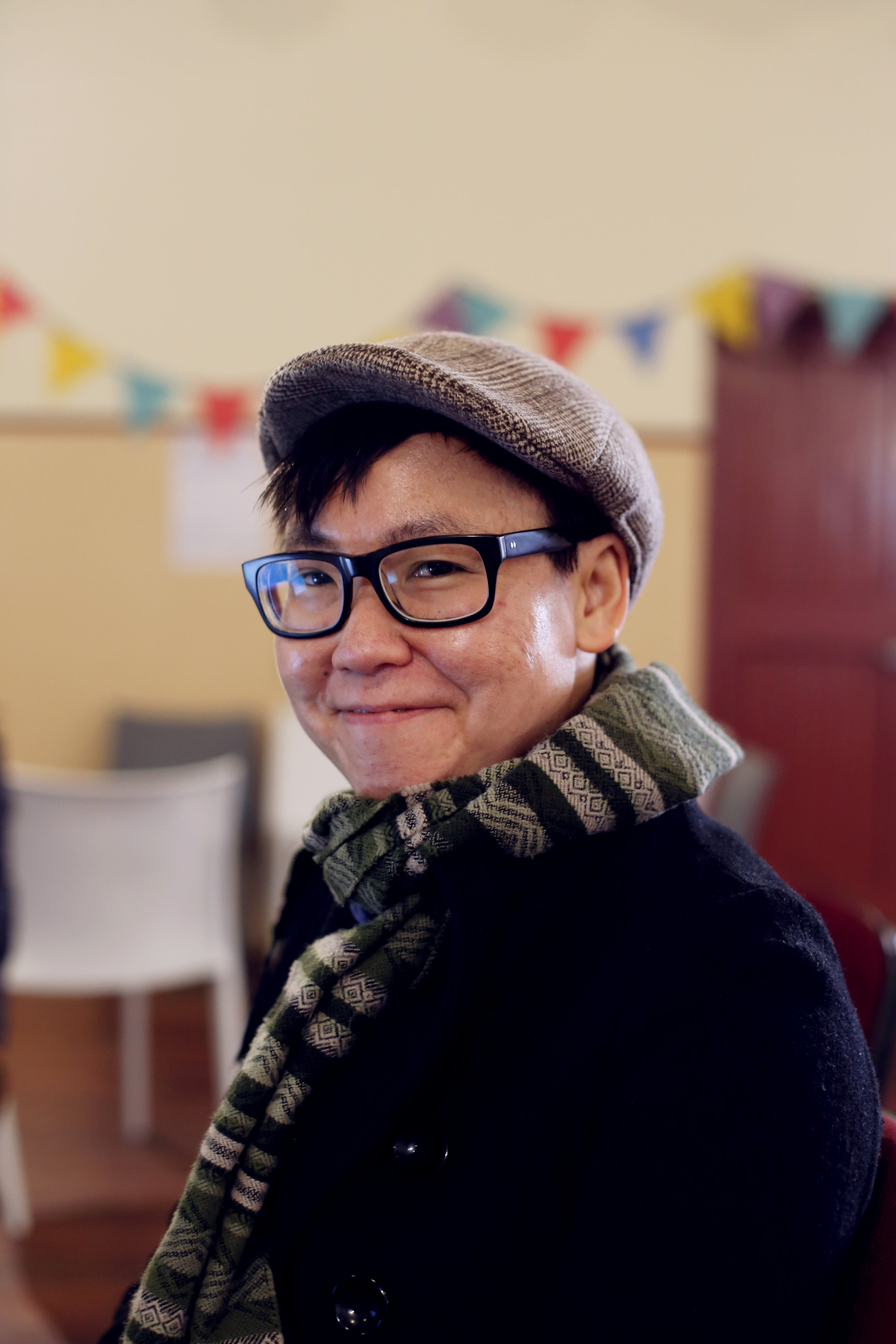5 Questions with Lian Low
We talked to Lian Low, one of the first recipients of The Wheeler Centre Next Chapter Writers’ Scheme.
Lian Low is a writer and spoken word artist. From 2009-2016, Lian Low was an editor and a board member of Peril. Her work grapples with the violence inflicted on the Malaysian queer community, grief and the unspoken traumas that bind every family, migrants living on Aboriginal Country, ways of speaking back to Australia’s racism and Anglocentrism, ghost stories and hauntings, sexuality, gender identity and selfhood.
As one of the inaugural winners of the Wheeler Centre's Next Chapter scheme, she is working on a YA speculative fiction novel called Dusk and the Lightning Man.
No.1
How did you first decide to become a writer?
From 14 onwards, when I first arrived in Australia in 1991, the best strategy I had with coping with my old world collapsing and surviving in a new one was to write. A lot. In my diaries which were cheap spiral notepads. Then one day, after many years, it became a monologue that won a playwriting competition. Over the years, I have written performance text, spoken word pieces, non-fiction and creative non-fiction work. My writing journey has been shaped by my sense of curiosity, social justice and willingness to experiment with different forms.
No.2
What project will you be working on, during your time in the Next Chapter writers’ scheme?
My new work is called Dusk and the Lightning Man - it's YA spec fic set in a fictional UNESCO World Heritage Malaysian town, consumed by overdevelopment. The main ghost character in the story, Dusk, is drawn from the murder of a tomboy youth. I am interested in exploring the feeling of hauntedness I feel by the death of this young person and the knowledge that in 2013, the government supported a play which demonised queers as predators who would eventually die by being struck by lightning.
While most of the story is set in Malaysia, I hope to explore the sense of being as someone whose sense of self is drawn from living across Malaysia and Australia, as someone of a queer Asian diaspora.
No.3
What was your first response upon receiving the news confirming your acceptance into the program?
I was having a meeting with my dad’s occupational therapist when I received a call from a number I didn’t recognise, which I swiped to voicemail. And when I listened to Michael Williams, the Director of the Wheeler Centre asking me to call him back, my first thought was... “That’s so nice…. he is calling to commiserate me ... maybe I was number 11 in the order.”
So, my first response when hearing the news from Michael was absolute disbelief! My dad and I had a hard week because we received some bad news about the deterioration of his right leg since his fall earlier in the year, not long after a second stroke. When I told him the news, he cried, and that made me cry too. It was so beautiful the call, because I was able to share it with my dad, and that meant a lot. We were both emotionally drained but very happy!
No.4
What will the Next Chapter mean for you and your creative practice?
I’m going to quote a line from my support letter from Maria Tumarkin, who I’ve been so lucky to have as a writing mentor.
“This scheme – ‘The Next Chapter’ – would transform her life as an artist.” It already has! I’m writing fiction – something that I’ve never done confidently before.
I know now I'm heading in the right direction with my new writing. And to have all this fantastic support and resources is a dream come true.
No.5
What are you currently reading right now? Which books inspire your work?
I just finished Jessie Cole’s Staying – it gave me so much insight into grieving and walking with grief. On my reading bookshelf I have Kelly Gardiner’s Act of Faith, Jeanine Leane’s Purple Threads, the anthologies Meet me at the intersection, Living and Loving in Diversity and Women of a certain age.
I was talking to a friend recently about books that have queer women’s stories, and I think one of the most inspiring ones is Ellen van Neerven’s Heat and Light. It’s a collection that I will read over because I always find something new when I read it. I also love ghost stories - Rebecca Lim’s Afterlight and Gabrielle Wang’s A Ghost in My Suitcase. And poetry to keep it real – Jeanine Leane’s Walk Back Over, Maxine Beneba Clarke’s Carrying the World and Quinn Eades Rallying. I bought Alison Whittaker’s Blakwork recently – and can’t wait to read it!
Photograph by Leah Jing.
Each year, The Wheeler Centre picks ten outstanding writers and gives them $15,000 to develop their work. They match them with a mentor and work closely with them on bringing their writing to life, connecting them with peers, publishers and readers.
The next round of applications will open in May 2019.
Read more here.
Find out more
@Lian__Low
lianlow.weebly.com

